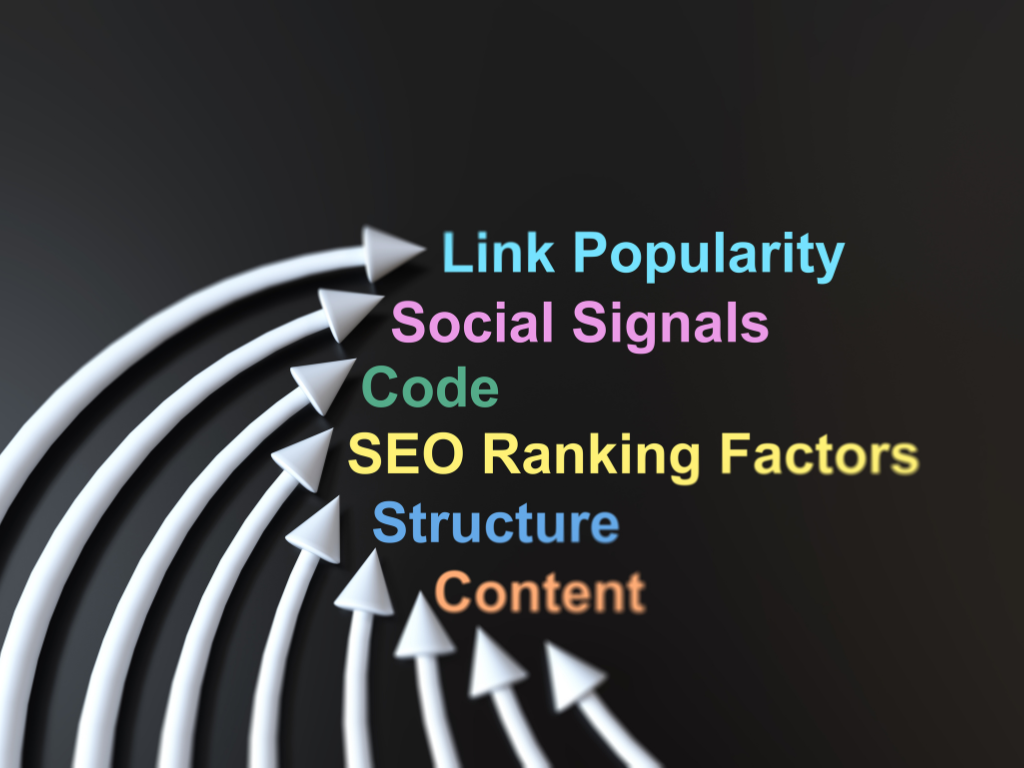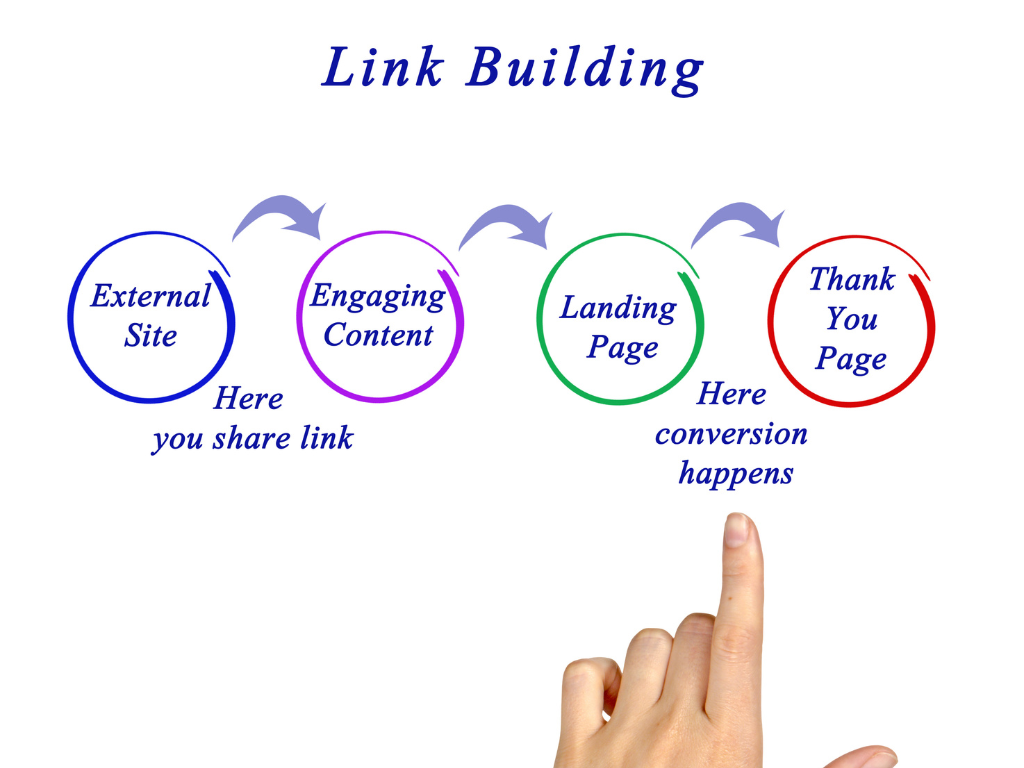1. Understanding Off-Page SEO and Link Building
1.1 Introduction to Off-Page SEO
Off-page SEO plays a crucial role in enhancing a website’s visibility and authority in search engine results. Unlike on-page SEO, which focuses on optimizing elements within a website, off-page SEO involves strategies implemented outside the website to improve its reputation and relevance.
At the core of off-page SEO lies the concept of link building, which involves acquiring backlinks from other reputable websites. These backlinks act as “votes of confidence” from other sites, indicating to search engines that the linked-to website is trustworthy and valuable. Understanding off-page SEO is essential for achieving higher search engine rankings and increasing organic traffic.
1.2 The Importance of Link Building
Link building is a cornerstone of off-page SEO and is instrumental in improving a website’s search engine rankings. Backlinks serve as signals of authority and relevance to search engines, influencing how they perceive and rank websites in search results. Quality backlinks from authoritative and relevant websites carry more weight and can significantly enhance a website’s authority and credibility.
Additionally, link relevancy, diversity, and authority are crucial factors in determining the impact of backlinks on SEO. Relevance ensures that backlinks come from websites in related industries or topics, while diversity and authority contribute to a well-rounded backlink profile that strengthens a website’s overall SEO performance.
2. Strategies for Effective Link Building
2.1 Guest Blogging and Content Contributions
Guest blogging involves contributing content to other websites in exchange for a backlink to your own site. This strategy not only helps acquire high-quality backlinks but also allows you to showcase your expertise and build relationships with other bloggers and website owners. To succeed in guest blogging, it’s essential to identify reputable websites in your niche, pitch compelling content ideas, and craft high-quality content that provides value to the target audience.
2.2 Outreach and Relationship Building
Building relationships with influencers, bloggers, and webmasters is key to earning backlinks through outreach campaigns. Establishing genuine connections within your industry can lead to link opportunities, collaborations, and mentions on influential websites. Effective outreach involves personalized communication, providing value to potential link partners, and offering something in return, such as content promotion or collaboration opportunities.
2.3 Broken Link Building
Broken link building involves finding broken links on other websites and suggesting your content as a replacement. This strategy benefits both parties by helping website owners fix broken links while gaining valuable backlinks to your own site. Tools like Check My Links and Broken Link Checker can help identify broken links, and reaching out to website owners with a polite request to replace broken links with your content can result in successful link acquisitions.
2.4 Directory and Resource Link Building
Submitting your website to industry-specific directories and resource pages is another effective link building strategy. These directories and resources serve as authoritative sources of information within your niche, and obtaining backlinks from them can boost your website’s relevance and credibility. When seeking links from directories and resource pages, it’s essential to prioritize relevance and quality to ensure that the links contribute positively to your SEO efforts.
2.5 Social Media Engagement and Link Acquisition
Social media platforms offer opportunities to promote your content and attract natural backlinks from engaged audiences. By sharing valuable content, engaging with your audience, and fostering relationships with influencers and industry experts, you can increase the visibility of your website and earn backlinks from social media shares and mentions. Leveraging social media profiles to connect with relevant communities and participate in conversations can further enhance your link acquisition efforts.
3. Monitoring and Measuring Link Building Efforts
3.1 Tracking Backlink Profiles
Utilize tools like Ahrefs, Moz, and SEMrush to monitor your website’s backlink profile regularly. These tools provide insights into the quantity, quality, and diversity of your backlinks, as well as metrics such as domain authority and anchor text distribution. Monitoring your backlink profile allows you to identify new backlinks, track changes over time, and detect any spammy or toxic backlinks that may harm your SEO efforts.
3.2 Measuring Link Building Success
Establish key performance indicators (KPIs) to measure the effectiveness of your link building efforts. KPIs may include organic traffic growth, improvements in keyword rankings, increases in domain authority, and the overall quality of your backlink profile. Analyze these metrics regularly to gauge the impact of your link building activities and make data-driven decisions to refine your strategies and tactics.
4. Conclusion: Enhancing Off-Page SEO Through Strategic Link Building
4.1 Recap of Off-Page SEO Strategies
Off-page SEO, particularly link building, plays a critical role in improving a website’s search engine rankings and driving organic traffic. By acquiring high-quality backlinks from authoritative and relevant websites, you can enhance your website’s authority, credibility, and relevance in the eyes of search engines.
4.2 Encouragement for Continued Efforts
Continued investment in strategic link building efforts is essential for maintaining and improving your website’s SEO performance over time. As search engine algorithms evolve and competition increases, staying proactive and adaptable in your approach to off-page SEO is key to sustaining long-term success. By consistently implementing effective link building strategies and monitoring your results, you can strengthen your website’s position in search engine results and achieve your SEO goals.







